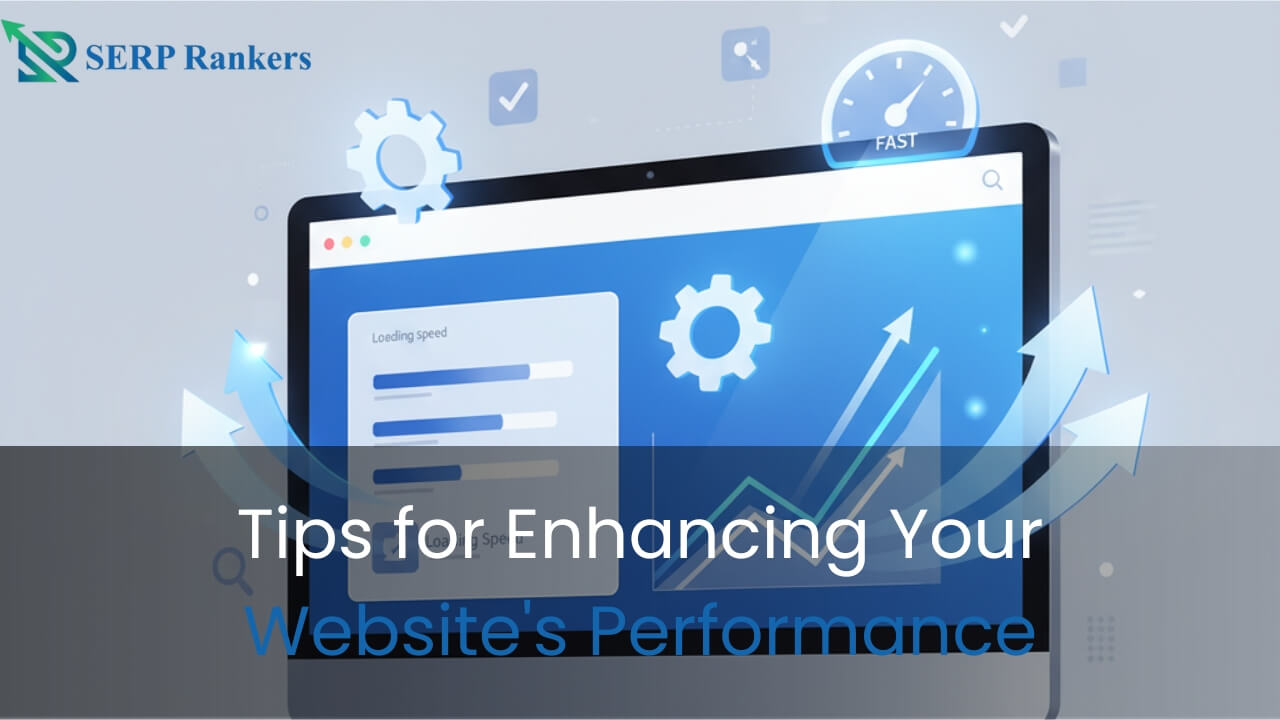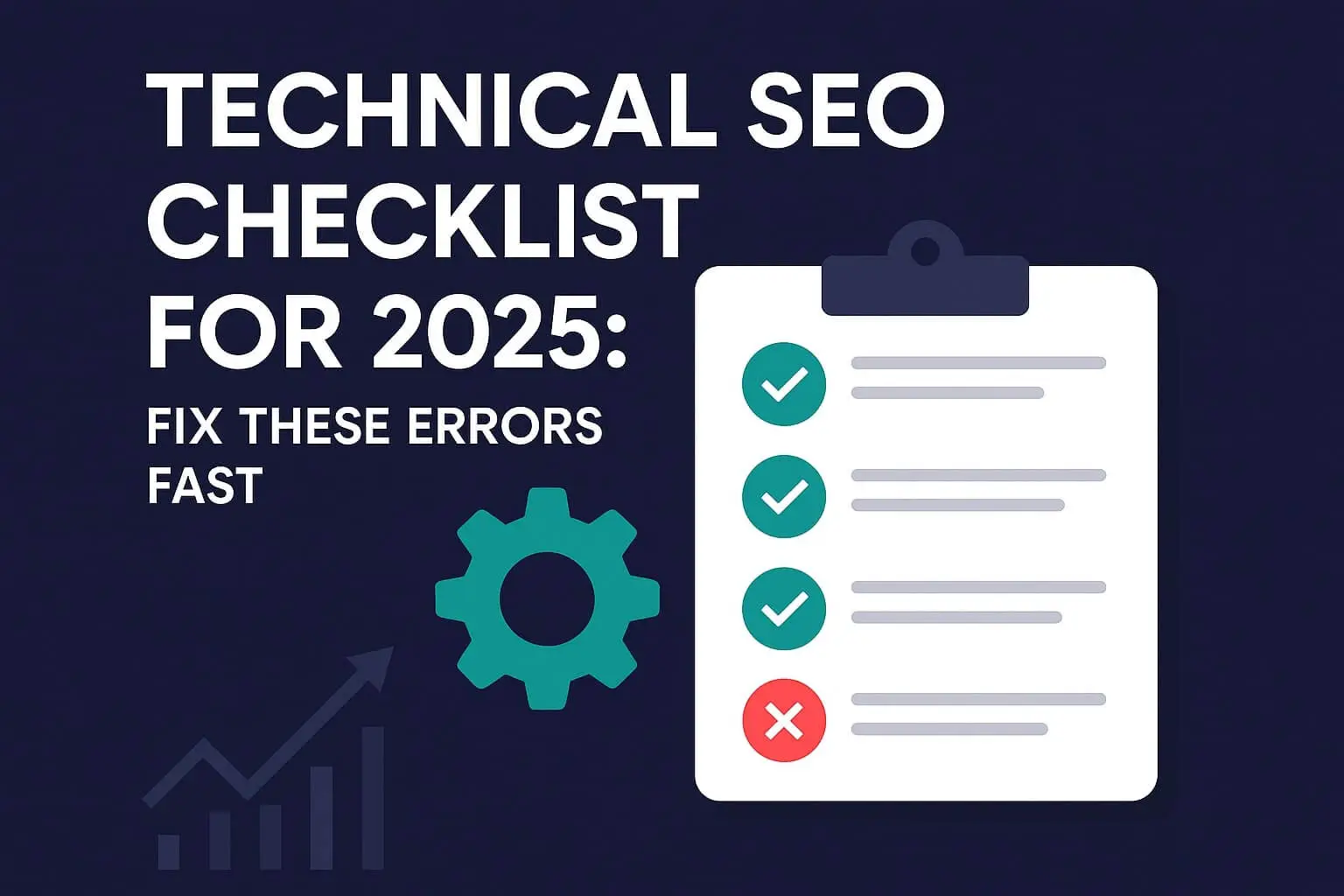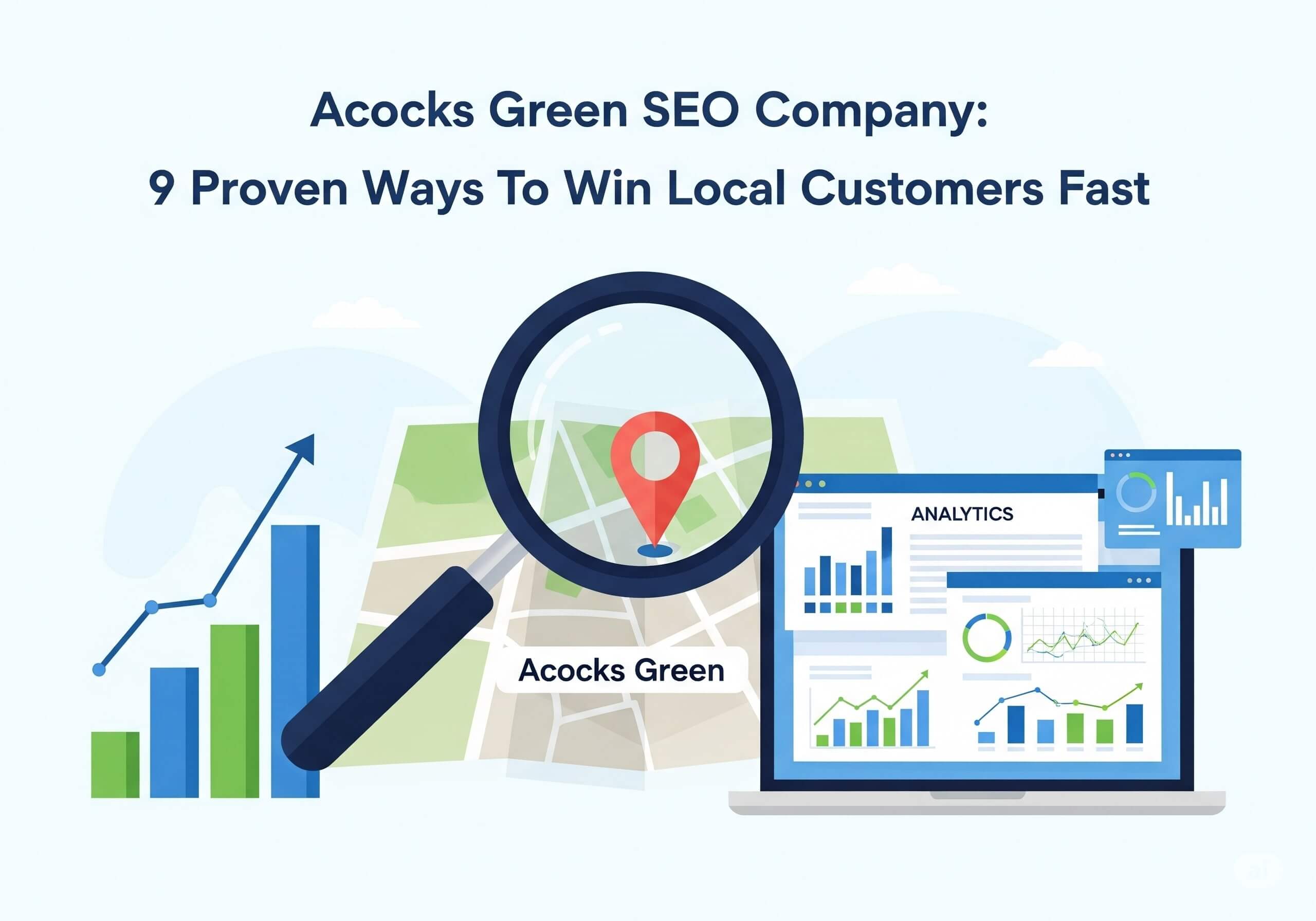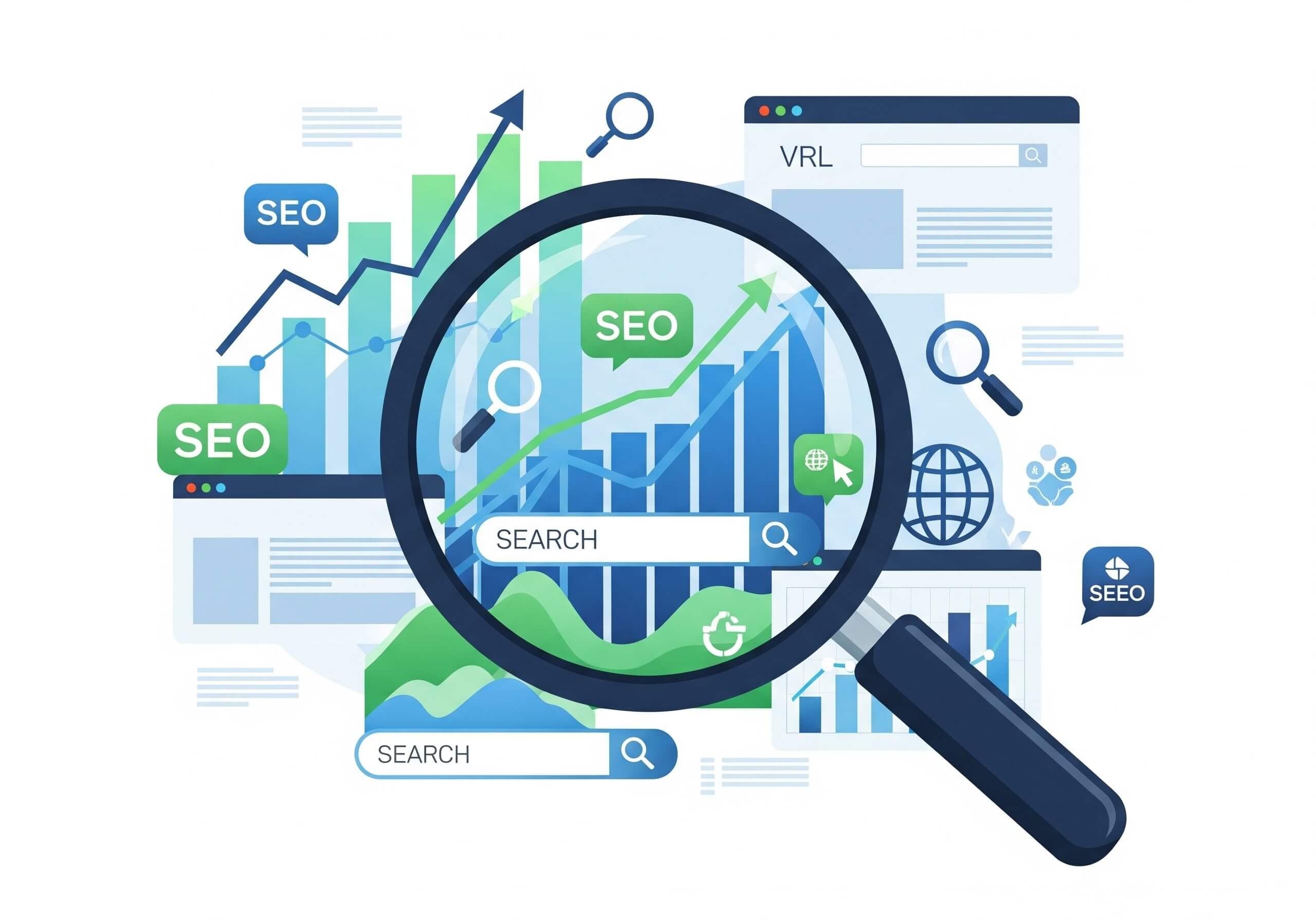
If your website loads slow or feels clunky, you’re already losing visitors before they even see what you offer. People today expect everything fast. They click, scroll, and judge in seconds. And Google does the same. A slow website isn’t just annoying it’s expensive.
But here’s the good part. You don’t need to be a developer to make your site faster. You just need to understand what’s slowing it down and fix it the smart way. Let’s go through some simple but powerful tips that can turn your website into a high-performing machine.
1. Speed starts with your hosting
If your hosting provider is cheap but unreliable, your site will always struggle. Shared hosting often leads to slower speeds during traffic spikes.
Consider switching to a quality host like Site Ground or Cloud Ways. The faster your server, the smoother everything runs. And remember, uptime matters every minute your site’s down, you lose trust, leads, and rankings.
2. Optimize your images
Most websites are full of heavy images that take forever to load. Use tools like Tiny PNG or Short Pixel to compress them before uploading.
Stick with modern formats like .webp they’re lightweight but look sharp. Also, use responsive sizes so your images adjust perfectly across mobile, tablet, and desktop.
3. Keep plugins under control
Too many plugins slow down WordPress sites more than anything else. Deactivate the ones you rarely use and delete old ones completely.
When possible, use multi-purpose plugins instead of separate ones for each task. Every plugin adds code, and too much code means extra load time.
4. Enable browser caching
Browser caching saves parts of your website on the user’s device so it doesn’t need to reload everything the next time they visit.
It’s one of the easiest ways to boost speed instantly. You can use plugins like WP Rocket or W3 Total Cache for WordPress simple setup, big results.
5. Use a Content Delivery Network (CDN)
A CDN helps deliver your website from servers closest to the user’s location. So if someone in the US opens your site hosted in Europe, they’ll still get a fast response.
Cloudflare is one of the best free options. Faster delivery, better security, and lower server load all at once.
6. Clean up your code and database
Over time, websites collect junk old drafts, revisions, unused CSS, unnecessary scripts. All this slows things down.
You can use plugins like WP-Optimize to clean the database or ask your developer to remove unused code. It’s like decluttering your digital workspace.
7. Focus on mobile optimization
More than half of all web traffic now comes from mobile. If your site isn’t mobile-friendly, Google won’t treat it kindly.
Use Google’s Mobile-Friendly Test to check your pages. Adjust font sizes, make buttons easy to tap, and ensure images scale right on smaller screens.
8. Minify CSS, JavaScript, and HTML
Minifying simply means removing unnecessary spaces, comments, and code breaks. It reduces the file size and speeds up page loading.
If you’re using WordPress, Autoptimize or WP Rocket can handle this automatically. It’s a tiny change that makes a big difference.
9. Monitor with performance tools
You can’t improve what you don’t measure. Use tools like Google PageSpeed Insights, GTmetrix, or Pingdom to test your website’s performance.
Check how long your site takes to load, what elements cause delays, and follow the suggested improvements. Regular monitoring keeps your site in top shape.
10. Combine SEO with performance
Speed and SEO are connected. A fast, user-friendly site not only ranks better but also keeps visitors longer.
If you want to go deeper into how SEO works hand in hand with performance, check out An Introduction to Social Media Marketing – Alan Charlesworth for an in-depth look at building an SEO foundation that actually converts.
FAQs: Tips for Enhancing Your Website’s Performance
1. What affects my website’s speed the most?
Usually slow hosting, large images, and too many plugins. Fixing those three gives instant improvement.
2. How can I test my website performance?
Use free tools like Google PageSpeed Insights, GTmetrix, or Pingdom to see what’s slowing your site down.
3. Does website speed affect SEO?
Yes. Google ranks faster sites higher because users prefer them.
4. What’s the ideal load time for a website?
Aim for under 3 seconds. Anything slower and most visitors will leave.
5. Can I improve website speed without coding?
Absolutely. Use caching, image compression, and speed plugins like WP Rocket or Autoptimize.
6. Do I need a CDN for a small website?
It helps even small sites. A CDN improves load times for global visitors and adds security.
7. How often should I clean my database?
Every few months is fine. It keeps your site running smooth and removes unnecessary files.
8. Should I switch hosts if my site is slow?
Yes, if you’ve optimized everything else and it’s still slow. Better hosting often makes the biggest difference.
9. Does mobile speed matter more than desktop?
Yes. Most traffic comes from mobile, and Google uses mobile-first indexing.
10. How do I balance design and speed?
Use clean layouts, compressed visuals, and efficient code. A simple design that loads fast beats a heavy one that looks fancy but slow.
Final Thoughts
Your website is your digital storefront. If it feels slow or broken, people leave. But when it’s fast, smooth, and easy to use they stay, explore, and buy.
Start small. Fix one performance issue at a time. Every improvement adds up, and soon you’ll notice not just better speed, but better results too.
And if you’re serious about growing your traffic and ranking higher, visit SERP Rankers.com where performance meets real SEO strategy.





